Benito Juarez entrusted them with his life during his time in Guanajuato. Justo Sierra called them a "magnificent division, perfectly organized and a
Benito Juarez entrusted them with his life during his time in Guanajuato. Justo Sierra called them a “magnificent division, perfectly organized and armed.” Today, the FSPE continue that vocation with sacrifice and loyalty
The First Light Battalion (direct predecessor of today’s FSPE) bravely defended the homeland during the French Intervention of the 19th century in the most besieged areas of Puebla
Guanajuato/Gto News
“The national weapons have been covered in glory.” Thus said the telegram from General Ignacio Zaragoza to President Benito Juarez, after defeating the French army on May 5, 1862. Among those victorious weapons were those of the First Light Battalion of Guanajuato, a direct antecedent of today’s State Public Security Forces (FSPE), which fought on the most difficult fronts and whose courage was forever engraved in the pages of national history.

Formed in 1833 by decree of the Guanajuato State Congress, the First Light Battalion had already demonstrated its loyalty and readiness at multiple moments in national history: from the War with Texas and the American Intervention, to the Siege of Queretaro and as escorts for President Juarez on his march north during the French occupation. In 1862, it was called upon to resist again, this time against one of the most powerful armies in the world.
One day before the famous battle, on May 4, Guanajuato troops repelled conservative forces attempting to attack Puebla from another flank, in coordination with the French. This action prevented a simultaneous offensive that would have jeopardized the national defense.
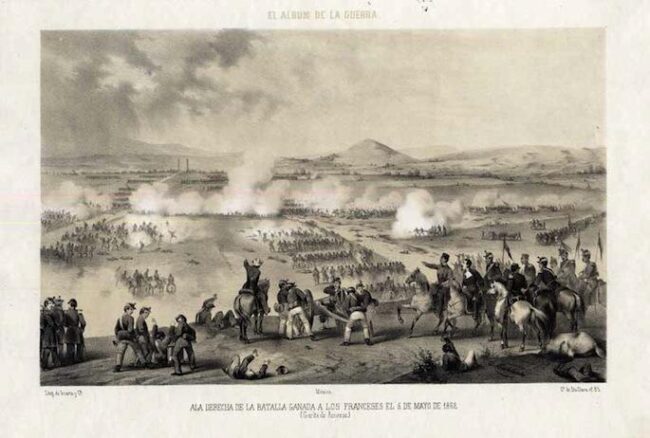
Meanwhile, at the National Palace, President Benito Juarez made a decision that reflected his complete trust in the Guanajuato battalions: he ordered General Florencio Antillon to immediately depart for Puebla with his soldiers, known for their discipline and bravery. According to military chronicles of the time, if the Guanajuato troops were lost, the capital would inevitably fall.
The commitment of the First Light Battalion was not new. By then, popular tradition spoke of their courage, dedication, and skill. Justo Sierra, in his work Juarez: His Work and His Time, describes them as “the magnificent Guanajuato division, perfectly organized and armed.” They fought in adverse conditions and without respite, defended extremely dangerous positions, and reinforced the eastern flank of the military siege with their presence.
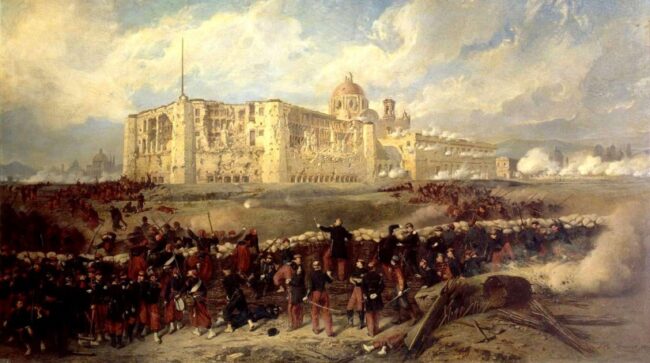
In 1863, during the Siege of Puebla, Fort Iturbide, formed by the San Javier convent and the Penitentiary building, was one of the points most severely attacked by French artillery.
After failing to capture it in their initial attack, the invaders intensified their fire: for more than ten hours, enemy cannons reduced the Penitentiary’s left bastions to rubble. Even so, the defenders, mostly soldiers from Guanajuato, held firm without abandoning their positions, unconcerned that, with each cannon shot, enormous quantities of rubble rained down around them, threatening to crush them. They did not retreat. They did not break. They resisted.
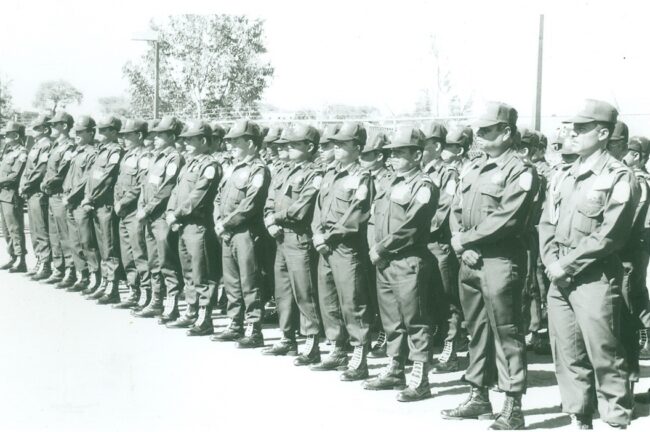
Oral tradition tells us that it was this republican loyalty throughout so many battles that led Benito Juarez to authorize the forces of the State of Guanajuato to carry weapons and uniforms of the Federal Army, a privilege shared only with Oaxaca and maintained until 1964.
The Battle of May 5th is the echo of a march that has not stopped. Today, 192 years after its creation, the State Public Security Forces honor that courage and memory by protecting the state’s 46 municipalities with a security model that prioritizes intelligence, coordination, and citizen engagement.
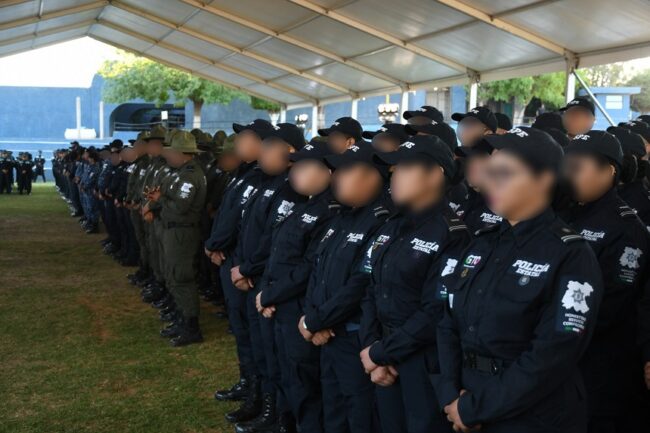
Under the new Operational Coordination strategy of the New Anti-Crime Intelligence Force (CONFIA), being part of the FSPE means caring for Guanajuato with the memory of those who defended the homeland in the most difficult days, such as the Battle of Puebla and so many others that marked the course of Mexico.
Honor and glory to the heroes of yesterday. Recognition and gratitude to those who serve today with sacrifice and loyalty.
En Español:


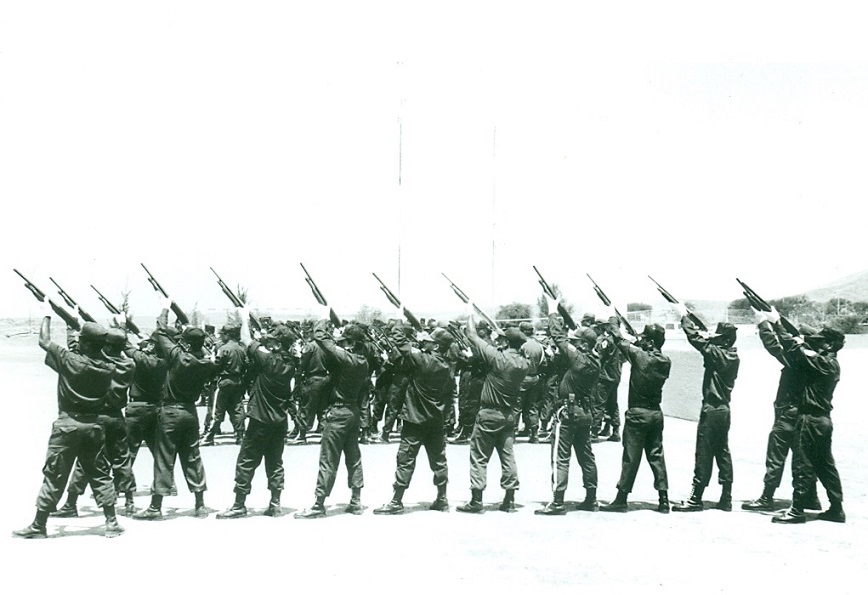
COMMENTS